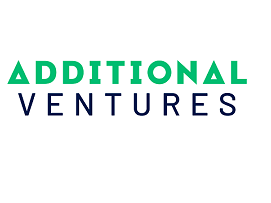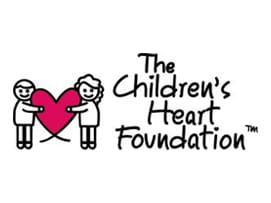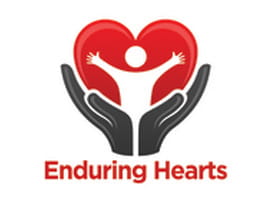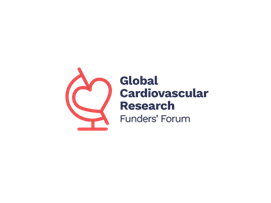Co-funded Research
Joint efforts to
advance science in heart
and brain health
advance science in heart
and brain health
The American Heart Association/American Stroke Association identifies and supports science areas deemed critical to achieving our mission and strategic objectives. The association joins forces with various organizations to fund topic-focused research programs that address shared goals.

Additional Ventures
Additional Ventures is a purpose-driven organization leveraging evidence-based research and deep subject matter expertise to make an outsized impact; seeding collaborative, high-impact research in single ventricle heart defect.
The American Heart Association and American Brain Foundation provide funding for postdoctoral trainees embarking on careers in clinical neurology, stroke and neurocritical care. Award recipients receive supportive mentorship and conduct introductory pilot studies that will guide future strategies for reducing cardiovascular and/or cerebrovascular disease.
The AHA and American Headache Society will co-fund an Innovative Project Award related to the effects of migraine or other headache disorders on cardiovascular and cerebrovascular health. This award will prioritize innovative approaches and high-risk/high-reward research, aligning with the commitment to advance these crucial values in health research and practice. Projects may address the lifespan, from children and adolescents to middle age and late life.
Apply for an Innovative Project Award
The AHA and Autism Speaks are co-funding predoctoral and and postdoctoral fellowships to empower and nurture the next generation of researchers and practitioners to learn more about the unique cardiovascular and cerebrovascular health needs of people with autism.
This funding supports predoctoral and postdoctoral fellows working on innovative basic, clinical, or translational research relevant to the etiology, pathophysiology, diagnosis, treatment, epidemiology, and/or prevention of Barth Syndrome.
Funding from the California Walnut Commission supports trainees and early career investigators who are interested in observational or clinical research trials that will improve understanding and expand knowledge promoting healthy dietary patterns (for example Mediterranean-style diets, plant-forward or food modeling) that include walnut consumption.

AHA/CHF Congenital Heart Defect Research
With shared priorities and interests in congenital heart defects, the AHA and The Children’s Heart Foundation (CHF) together have funded $22.5 million in research to date.

AHA/Enduring Hearts Research Award
Through these awards, Enduring Hearts and AHA provide funding for research on improving the life expectancy and quality of life of pediatric heart transplant recipients.

Global Cardiovascular Research Funders Forum
The AHA is a member of the Global Cardiovascular Research Funders Forum (GCRFF), a partnership of 12 research funding organizations across nine countries. The GCRFF’s mission is to improve global cardiovascular health by speeding up, supporting and promoting transformational international research efforts in heart, stroke and circulatory diseases.
A transformative career development opportunity jointly supported by the American Academy of Neurology and the AHA/ASA to empower the next generation of researchers and practitioners in the field of brain health, with a specific focus on the prevention of brain diseases and advancement of brain health for all. The program supported by funds derived from a generous bequest from Dr. Ralph L. Sacco.
Special funding from The VIVA Foundation supports early-career scientists interested in embarking on careers in patient-oriented vascular science.






